
A Doctor Breaks Down 10 Common Causes of Swelling in the Feet and Ankles
Not Just Fluid Retention: 10 Reasons Your Lower Legs May Be Swollen
Did you know your brain has its own built-in cleaning system? According to leading neuroscientists, your brain actually “cleans” itself while you sleep — flushing out waste products that, if left behind, may contribute to dementia and Alzheimer’s disease.
Now, experts are revealing how to support this natural process and keep your brain functioning at its best — even as you age.
Throughout the day, your brain cells produce metabolic waste, including beta-amyloid — the sticky protein that builds up in the brains of people with Alzheimer’s.
If this waste isn’t cleared properly, it can accumulate between brain cells, disrupt communication, and trigger inflammation — all of which are linked to cognitive decline and memory loss.
A neuroscientist at the University of Rochester, Dr. Maiken Nedergaard, discovered a powerful system called the glymphatic system, which functions like the brain’s night shift janitor.
“Think of it as the brain’s plumbing,” she explains.
“It kicks into high gear while you sleep, flushing away toxins and waste that build up during the day.”
This system is most active during deep sleep, particularly during slow-wave sleep, the most restorative sleep stage.

Here’s what neuroscientists recommend to help your brain clear out waste more efficiently:
Aim for 7–9 hours of quality sleep per night. Sleep is when the glymphatic system is most active.
Keep your bedroom cool and dark.
Stick to a regular sleep schedule.
Avoid screens and caffeine before bed.
Interestingly, studies in rodents show that side-sleeping may help the brain clear waste more effectively than sleeping on your back or stomach.
Dehydration can slow down circulation and limit your brain’s ability to remove waste.
Physical activity boosts blood flow and supports brain health, which in turn supports waste clearance.
Both can impair sleep and reduce the brain’s ability to self-clean.
Many people are unaware that their brain performs a crucial “cleansing” process while they sleep — and that poor sleep habits can interfere with this, possibly raising the risk of dementia in the long run.
Turns out, protecting your brain may be as simple as getting better sleep.
So tonight, don’t just sleep — sleep with purpose. Your future brain will thank you.

Not Just Fluid Retention: 10 Reasons Your Lower Legs May Be Swollen

9 Red Flags of Diabetes That Deserve Your Attention
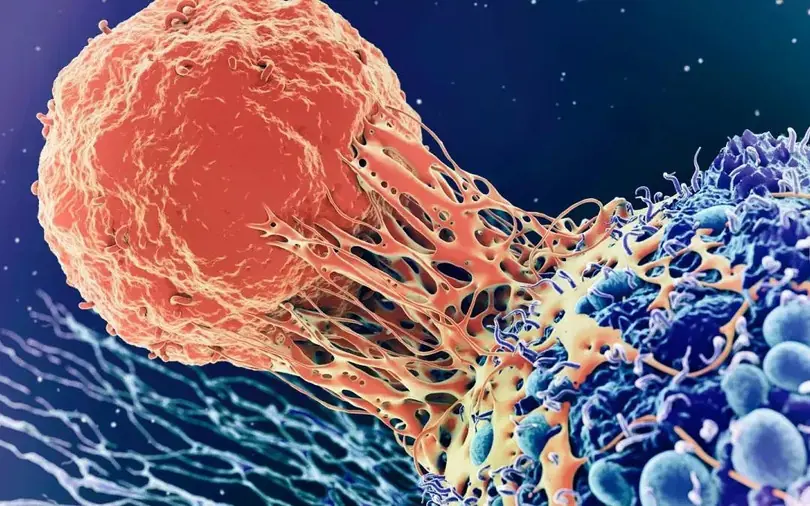
Don’t Overlook These 3 Morning Symptoms

A Dentist Reveals Why Teeth Still Turn YellowYou Brush All the Time
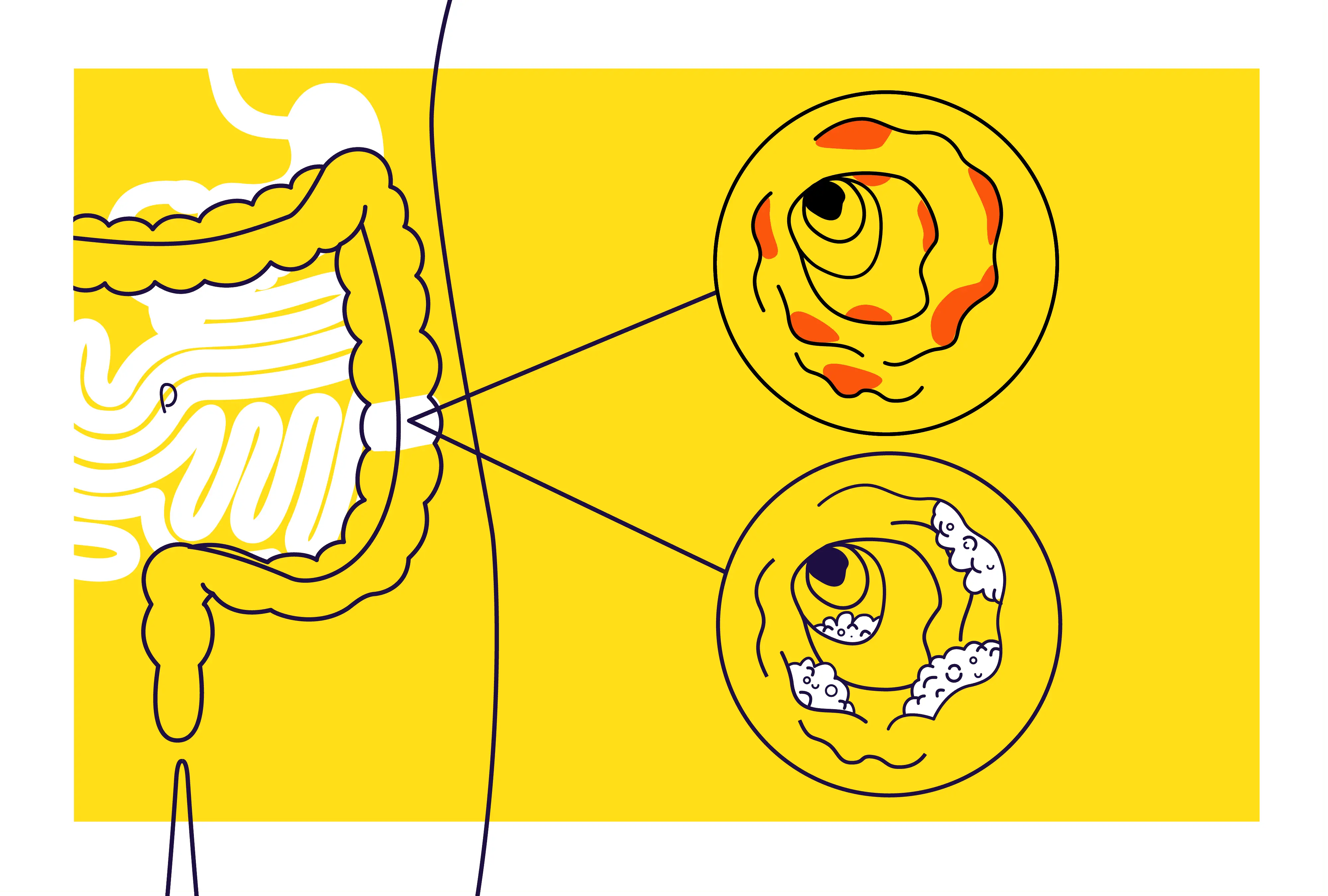
When Digestive Problems Don’t Go Away: Early Signs of IBD to Watch For

Epigastric Pain and Its Accompanying Symptoms Explained

Can one oregano leaf a day really improve your health? Here’s what science actually says.
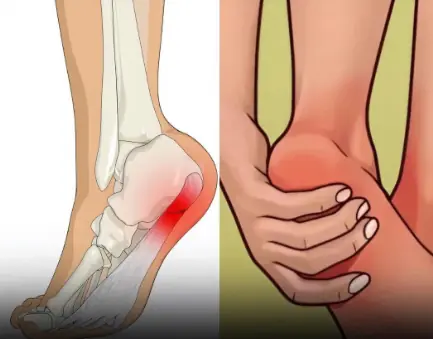
If Your Heel Hurts When You Wake Up or After Standing for a Long Time
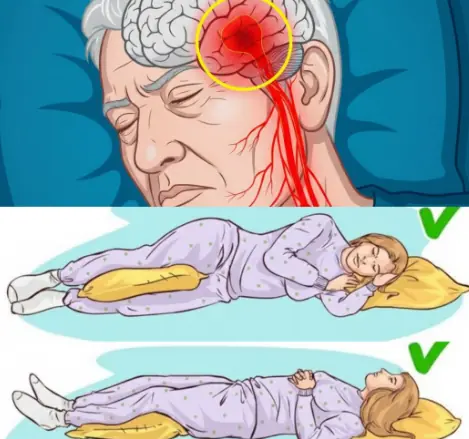
Aging is unavoidable—but looking your age doesn’t have to be.

A Village With Almost No Cancer Cases—Thanks to a Root Vegetable Eaten Every Day

Okra Looks Healthy, but It May Be Off-Limits for These 3 Groups of People
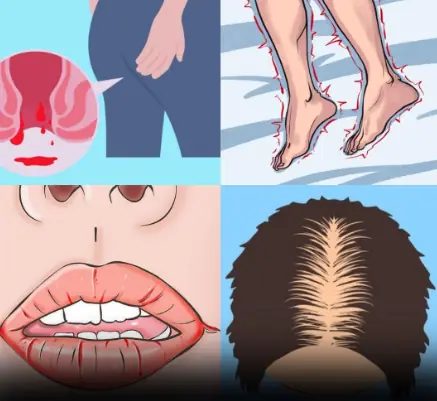
You wake up after a full night’s sleep—yet your arms and legs feel heavy, your thoughts are cloudy, and your energy is nowhere to be found.

How a common root vegetable can become deadly

Doctors Reveal the Commonly Overlooked Body Part You MUST Clean Daily — Ignoring It Could Be Life-Threa.tening
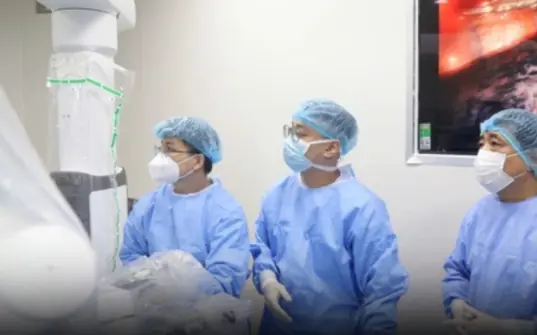
🚨 8 Early Warning Signs of Cancer When Going to the Bathroom 🚨

3 foods eaten together will 'cr.eate to.xins' even can.cer-causing sub.stances

Breakthrough Research: Scientists Explore a New Way to Reprogram Cancer Cells

It can be extremely taxing to recognize when a loved one may be nearing the end of their life.
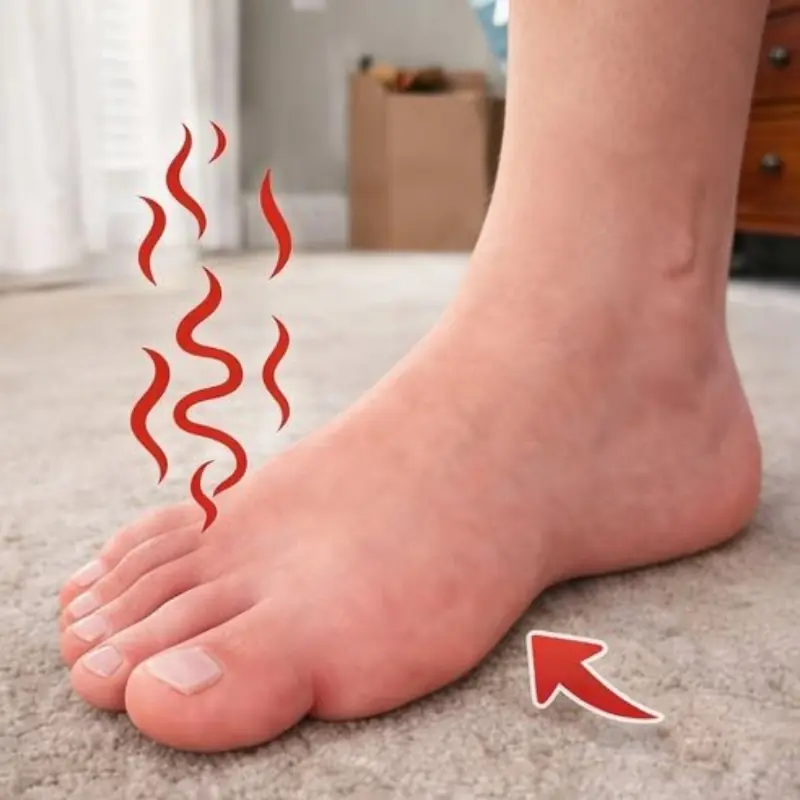
Foot symptoms at night could be early warning signs of serious heart problems.
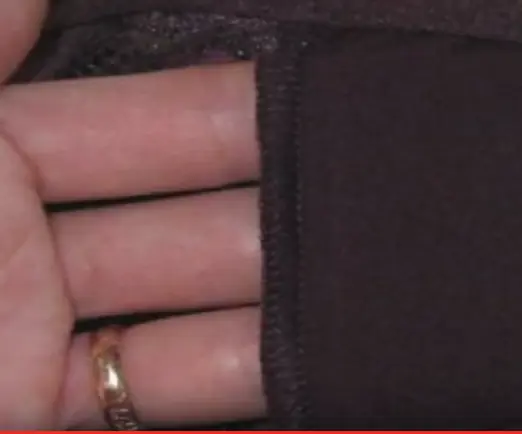
Here’s What That Little Pocket in Women’s Underwear Is Actually For

Not Just Fluid Retention: 10 Reasons Your Lower Legs May Be Swollen

9 Red Flags of Diabetes That Deserve Your Attention

Don’t Overlook These 3 Morning Symptoms

A Dentist Reveals Why Teeth Still Turn YellowYou Brush All the Time

Keep Ginger Fresh for Up to 6 Months with This Easy Storage Trick
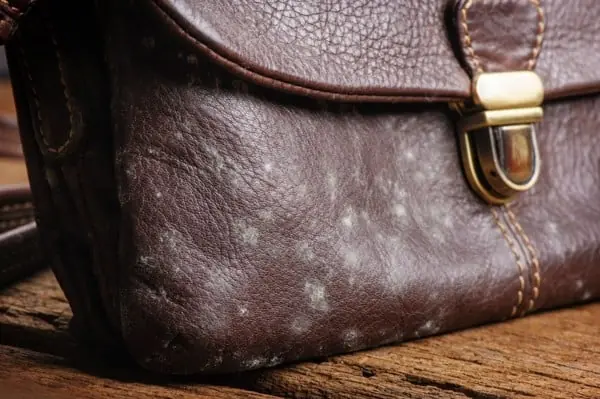
Regardless of How Much You Earn, Get Rid of These 4 Things Without Delay

When Digestive Problems Don’t Go Away: Early Signs of IBD to Watch For

Epigastric Pain and Its Accompanying Symptoms Explained
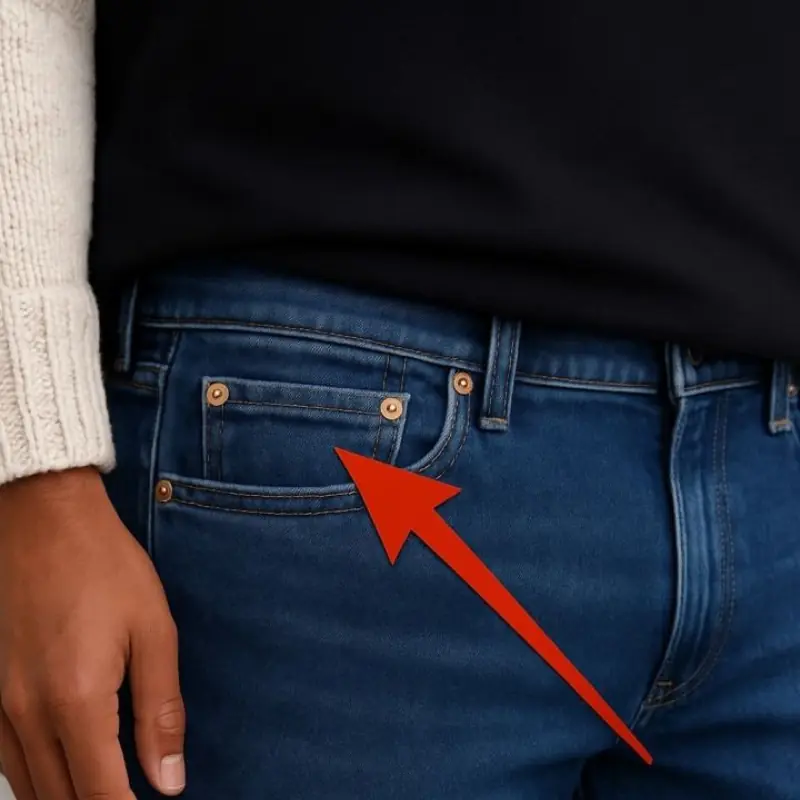
That tiny pocket on your jeans has a surprising history you probably never knew.
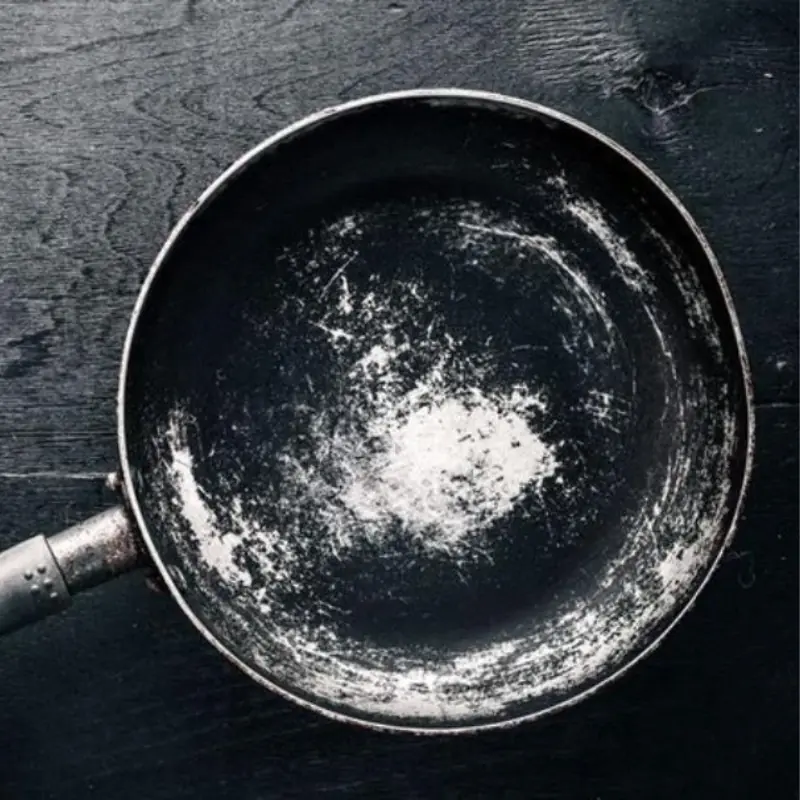
Don’t toss your peeling non-stick pan yet—try this simple kitchen trick first.

Can one oregano leaf a day really improve your health? Here’s what science actually says.

If Your Heel Hurts When You Wake Up or After Standing for a Long Time

Aging is unavoidable—but looking your age doesn’t have to be.

A Village With Almost No Cancer Cases—Thanks to a Root Vegetable Eaten Every Day

A healthier home hack: Clean every room with one natural solution
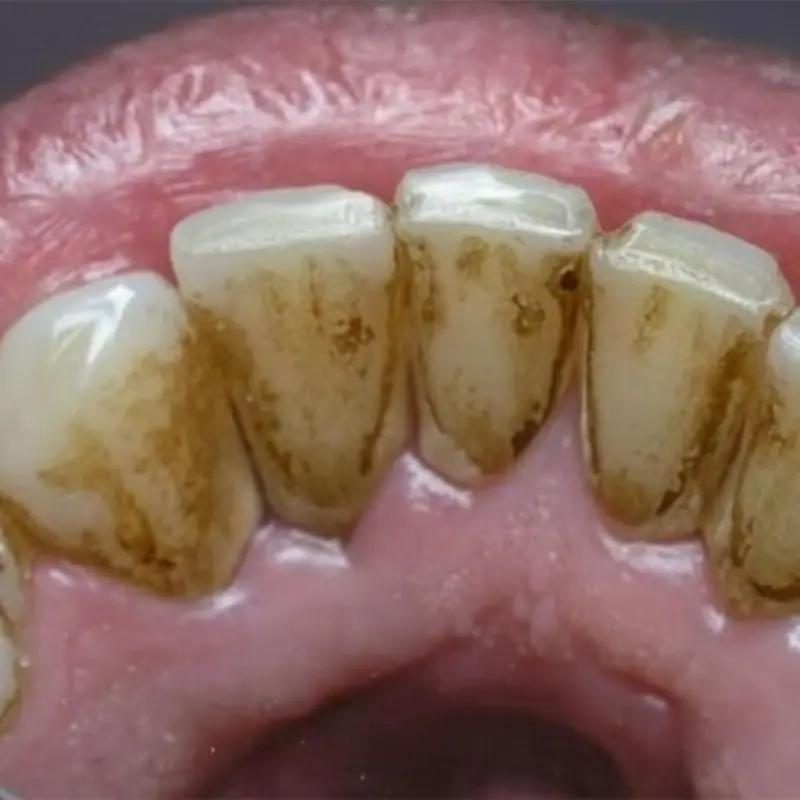
Brighten your smile naturally with simple kitchen ingredients you already have at home.

Okra Looks Healthy, but It May Be Off-Limits for These 3 Groups of People

You wake up after a full night’s sleep—yet your arms and legs feel heavy, your thoughts are cloudy, and your energy is nowhere to be found.

How a common root vegetable can become deadly